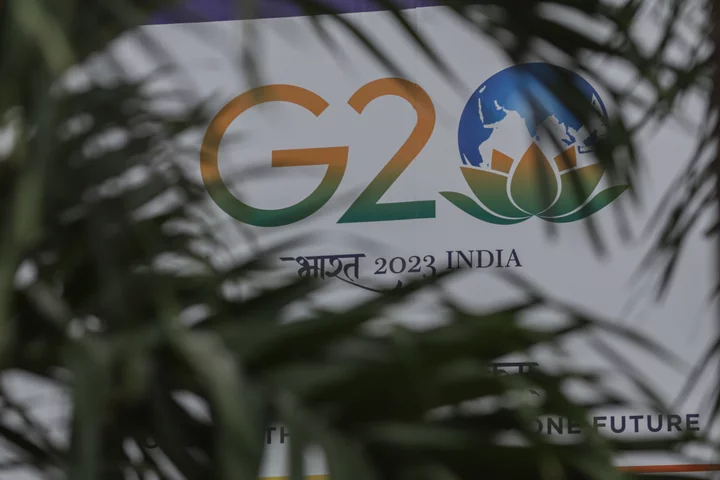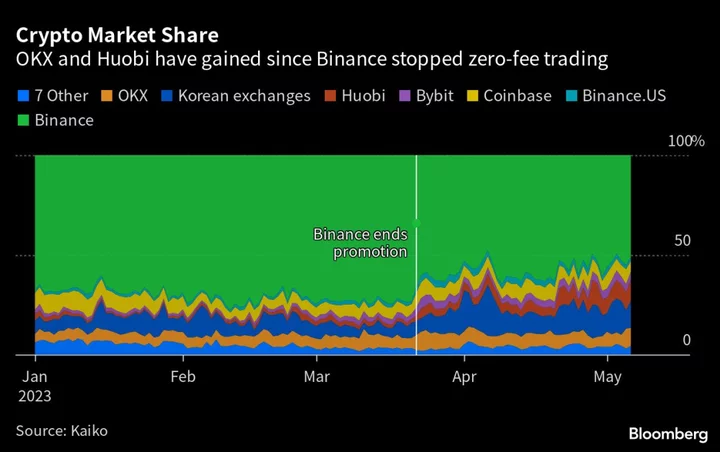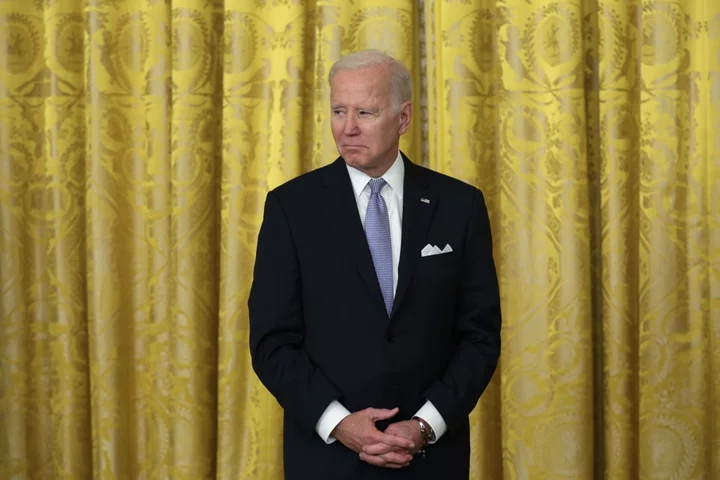The Group of 20 environment and climate ministers’ meeting in India ended without an agreement on key issues such as energy transition, cutting emissions, green border taxes and phasing down fossil fuels, exposing a wide rift among the countries on combating climate change.
Some members pushed for global peaking of emissions by 2025, reducing emissions 60% by 2035 from 2019 levels, and the need for reaching net zero by 2040 by developed nations, according to a 31-page outcome document and chair’s summary. The issue of cutting greenhouse gas emissions, phasing down fossil fuels, doubling the rate of energy efficiency and tripling renewable capacity were also discussed, but no consensus could be arrived on those.
There were also differing views on energy transition and how to reflect it in the document. While some wanted a discussion on carbon levy for imported goods, called carbon border adjustment mechanism, others didn’t agree, the document showed.
Earlier in July, the G-20 energy ministers’ meeting in the Indian seaside state of Goa also ended without a consensus on the phase down of fossil fuels.
“The G-20 ministers stand united in their commitment to create a sustainable and resilient future,” India’s Environment Minister Bhupender Yadav told reporters on the conclusion of talks in the southern city of Chennai. He said there was consensus on 95% of the issues, while on some others “about energy and target-oriented issues” there was a lack of consensus.
Canada’s Environment Minister Steven Guilbeault said his country will keep fighting for a phaseout of unabated fossil fuels, but he hopes the talks in Chennai will set the stage for “greater ambition” at the G-20 leaders’ summit and COP28. He said the climate ministers made important breakthroughs on biodiversity and combating deforestation.









